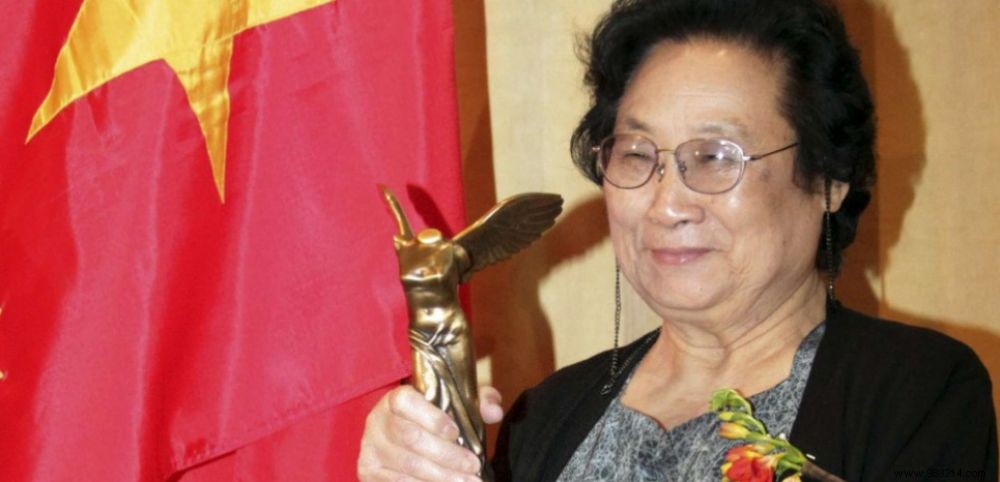The World Health Organization on Wednesday declared China free of malaria after a seven-decade campaign against the disease. The eradication of malaria in the world's most populous country offers lessons in how innovative treatments and aggressive monitoring can control the disease.
Malaria is an infectious disease caused by several species of parasites belonging to the genus Plasmodium transmitted to humans by infected female mosquitoes of the Anopheles species. The WHO currently lists more than 200 million cases worldwide each year and more than 400,000 deaths , mainly the underprivileged tropical areas of Africa (94% of cases in 2019), Asia and Latin America. Moreover, most of the victims are children. The good news is that malaria is no longer rife in China after a 70-year fight against the disease.
“Today we congratulate the Chinese people for ridding the country of malaria “WHO Director-General Dr Tedros Adhanom Ghebreyesus said in a statement. “Their success was hard-won and only came after decades of focused and sustained action " , he added. “With this announcement, China joins the growing number of countries showing the world that a malaria-free future is a viable goal “.
China began its malaria control efforts as early as the 1950s. 1% mortality . Mao Zedong, the incumbent, then took the problem head on and developed a secret military project, Project 523, to find a solution.
It was during this project that Dr. Tu Youyou discovered artemisinin, the basic compound of the most effective antimalarial drug today. The researcher was highly rewarded by a Nobel in 2015 for this work.

China has started deploying mosquito nets treated with artemisinin-based insecticide as early as the 1980s. By 1988, more than 2.4 million of these means of protection had been distributed throughout the country, according to the Times. By the end of 1990, the number of malaria cases in China had fallen to 117,000 and the number of deaths had been reduced by 95% .
In the early 2000s, China continued its fight against the disease by strengthening its workforce, laboratory equipment and medicines. Then, in 2010, the government launched a sweeping malaria elimination plan involving the ministries of health, police, military and tourism. Together they developed the "1-3-7" strategy .
In concrete terms, this strategy gave health facilities one day to report a case of malaria. Health authorities had to confirm the case and determine the risk of spread during the following three days. Finally, a period of seven days was granted to take measures to stem the risk of spread.
This strategy proved useful in southwestern Yunnan province, where almost all malaria cases were concentrated. The region has reported no cases since 2017 . Last May, members of the WHO's Independent Certification Panel for Malaria Elimination visited the site to officially confirm the eradication of the disease in the country.